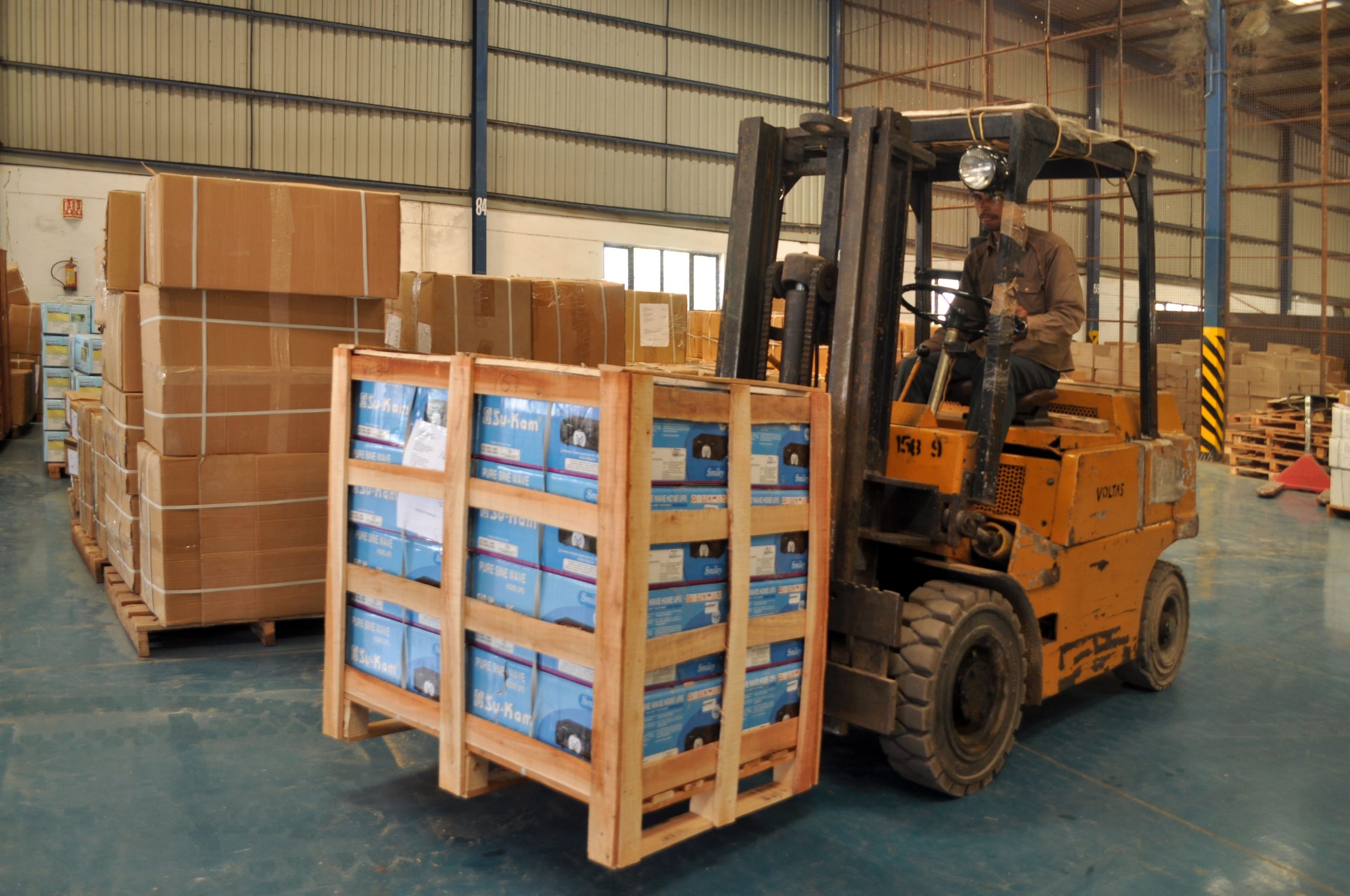Global trade tariffs refer to taxes imposed on goods and services that are traded between different countries. So, what is the impact of global trade tariffs on logistics & SCM? They are levied by governments to regulate international trade and to protect domestic industries. Tariffs are applied to imports or exports depending on a country’s specific trade policies. The trade policies may vary from country-to-country. When tariffs increase, businesses generally have different options to work upon or to absorb the higher cost. For instance, companies increase prices to pass it on to customers or rework the supply chain to avoid the higher tariffs. There are advantages and disadvantages to each. The purpose of implementing tariffs may vary from country to country. Some countries use tariffs as a means of protecting domestic industries from foreign competition by making imported goods more expensive. It aims to safeguard domestic jobs, promote local production, and ensure the growth and stability of key Industries. Tariffs can also be employed for strategic reasons, such as negotiating better trade terms with other countries. In certain cases, countries may impose retaliatory tariffs in response to trade disputes or unfair practices by their trading partners. These retaliatory measures are intended to exert pressure and encourage negotiation or resolution. It’s crucial to note that tariffs can have both positive and negative effects. They may generate revenue for the government & assists to protect domestic industries. Also, it can lead to higher prices for imported goods, reduced consumer choices and potential trade tensions between nations. The impact of tariffs on global trade and economies can be complex and can vary depending on the specific circumstances and policies of each country involved.
Global trade tariffs can have significant effects on logistics and supply chain management. So, what is the impact of Global Trade tariffs on logistics & SCM? Here are some key impacts:
1) Increased Costs:-
Tariffs impose additional costs on imported goods, making them more expensive for consumers. This directly affects supply chain costs as companies need to pay higher prices for raw materials or finished goods. Increased costs can disrupt existing supply chain networks and require businesses to re-evaluate their sourcing strategies.
2) Supply Chain Disruption:-
Tariffs can disrupt established supply chains by creating barriers to trade. When tariffs are imposed on certain goods, it can limit or restrict imports and exports, leading to delays, shortages, and increased lead times. Companies may need to reassess their sourcing strategies, find new suppliers or production locations, and reroute logistics networks to navigate the changing trade landscape.
3) Inventory Management Challenges:-
Tariffs can result in fluctuations in demand and supply dynamics, making inventory management more challenging. Companies may need to stockpile certain goods before tariffs are implemented or adjust inventory levels based on anticipated changes in demand patterns. Managing inventory effectively becomes crucial to mitigate the impact of tariffs on supply chain operations.

4) Trade Redirection:-
Tariffs can lead to trade diversion, where importers and exporters shift their focus to countries or regions not affected by tariffs. This redirection of trade flows can require companies to reevaluate their supply chain networks and logistics operations. New trade routes may need to be established, and transportation modes may need to be adjusted to accommodate the changing trade patterns.
5) Innovation and Localization:-
Tariffs can incentivize companies to innovate and localize their supply chains. To minimize the impact of tariffs, companies may explore options such as nearshoring or reshoring, where production is moved closer to the target market. This shift can result in the development of new logistics networks, partnerships, and supply chain strategies to optimize operations in the face of tariffs.
6) Supplier and Customer Relationships:-
Tariffs can strain relationships with suppliers and customers. Suppliers may pass on tariff costs to their buyers, leading to price negotiations and potential disputes. Customers may seek alternative sources to avoid higher prices, potentially impacting existing supplier relationships. Maintaining effective communication and collaboration with suppliers and customers becomes vital in navigating the challenges posed by tariffs.

7) Regulatory Compliance:-
Tariffs often come with complex regulatory requirements and documentation processes. Increased customs procedures and compliance obligations can add administrative burden and complexity to logistics and supply chain operations. Companies may need to invest in additional resources and technology to ensure compliance with the new regulations and streamline their customs processes.
In summary, global trade tariffs can significantly impact logistics and supply chain management by increasing costs, disrupting supply chains, redirecting trade flows, challenging inventory management, introducing regulatory compliance requirements, affecting relationships with suppliers and customers, and encouraging innovation and localization efforts. Adaptability, flexibility, and proactive planning are key for businesses to navigate these challenges effectively.

